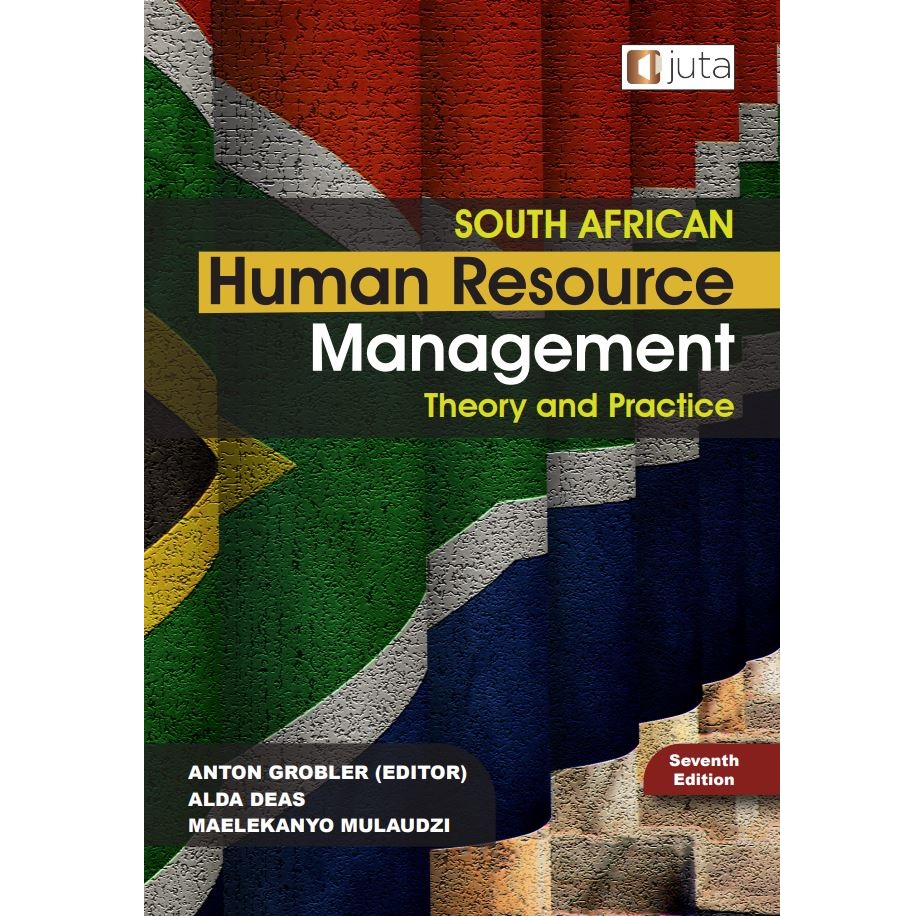Principles and practice of sport management 7th edition – Principles and Practice of Sport Management, 7th Edition, is the definitive resource for students and professionals seeking to excel in the dynamic and ever-evolving field of sport management. With its comprehensive coverage of the fundamental principles, best practices, and emerging trends, this book provides an authoritative and up-to-date guide to the key aspects of sport management, empowering readers to make informed decisions and achieve success in their careers.
This edition has been thoroughly revised and updated to reflect the latest developments in the field, including the impact of technology, the globalization of sport, and the increasing emphasis on sustainability. It features new case studies, examples, and research findings that bring the content to life and demonstrate the practical application of sport management principles.
1. Introduction to Sport Management

Sport management encompasses the planning, organizing, directing, and controlling of sport organizations and events. It plays a vital role in the sport industry, ensuring the efficient and effective operation of sport businesses, organizations, and programs.
The discipline of sport management has evolved significantly over the years, with increasing professionalization and specialization. It has become an interdisciplinary field, drawing upon concepts from business, law, marketing, public relations, and other disciplines.
Historical Context and Evolution of Sport Management, Principles and practice of sport management 7th edition
- Early forms of sport management can be traced back to the ancient Olympic Games, where individuals were responsible for organizing and conducting the events.
- In the late 19th and early 20th centuries, sport management became more formalized with the establishment of national and international sport governing bodies.
- The post-World War II era witnessed a surge in the popularity of sport, leading to the growth of the sport industry and the need for specialized management professionals.
- In recent decades, sport management has become increasingly globalized, with sport organizations operating across borders and cultures.
2. Principles of Sport Management

Effective sport management practices are guided by a set of fundamental principles that ensure ethical, legal, and financially sound operations.
Ethical Considerations
- Sport managers must adhere to ethical principles, such as fairness, integrity, and transparency, in all their decision-making.
- Ethical dilemmas may arise in areas such as athlete welfare, financial management, and marketing practices.
Legal Frameworks
- Sport management practices are subject to a complex legal framework, including laws governing contracts, antitrust, intellectual property, and labor relations.
- Sport managers must be aware of and comply with applicable laws and regulations.
Financial Principles
- Sport organizations must manage their finances effectively to ensure financial stability and sustainability.
- Financial principles include budgeting, revenue generation, and cost control.
Detailed FAQs: Principles And Practice Of Sport Management 7th Edition
What are the key principles of sport management?
The key principles of sport management include planning, organizing, leading, and controlling. These principles provide a framework for managing sport organizations effectively and efficiently.
What are the different career paths in sport management?
There are a wide range of career paths in sport management, including roles in event planning, marketing, finance, operations, and human resources.
What are the challenges facing the sport management industry?
The sport management industry is facing a number of challenges, including the rising cost of hosting major sporting events, the impact of technology, and the increasing globalization of sport.

